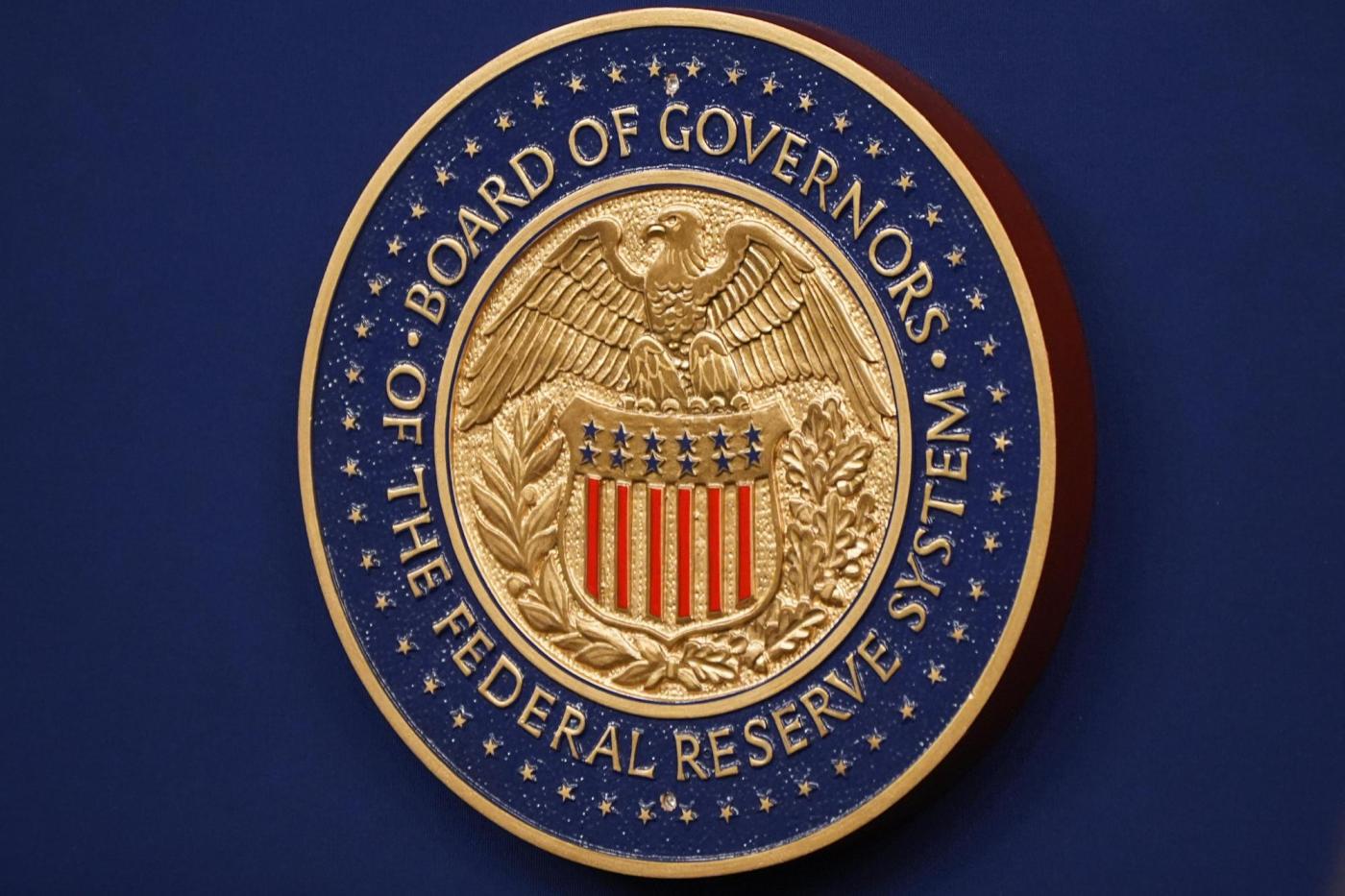Hollywood A-Listers Join Boycott of Israeli Film Institutions

BREAKING: Over 1,000 Hollywood stars, including acclaimed actors Emma Stone and Mark Ruffalo, have signed a significant pledge to boycott Israeli film institutions. This announcement, made by the advocacy group Film Workers for Palestine, is creating immediate waves in the entertainment industry.
At a fiery speech during the “People’s Conference for Palestine” in Detroit on August 31, 2025, Democratic Representative Rashida Tlaib vocally criticized pro-Israel politicians, amplifying the urgency of this developing situation. The pledge states, “Inspired by Filmmakers United Against Apartheid who refused to screen their films in apartheid South Africa, we pledge not to screen films, appear at, or otherwise work with Israeli film institutions implicated in genocide and apartheid against the Palestinian people.”
In addition to Stone and Ruffalo, prominent figures like Peter Sarsgaard, Lily Gladstone, and Tilda Swinton are among the signatories. This collective move is described as a response to the call from Palestinian filmmakers urging the international film community to stand against complicity in their oppression.
The Israeli Film and TV Producers Association swiftly responded, stating, “The signatories of this petition are targeting the wrong people.” They emphasize that Israeli artists have long been crucial in showcasing the complexities of the Israeli-Palestinian conflict, including Palestinian narratives.
Mark Ruffalo, known for his activism, has previously voiced opposition to various political issues, including immigration policies under former President Trump. His involvement in the “No Kings” protest this past June highlighted his commitment to progressive causes, where he articulated that societal struggles are rooted in wealth disparities rather than immigration.
This boycott has the potential to reshape how the film industry interacts with Israeli content, raising critical questions about artistic expression and political advocacy. The statement from Film Workers for Palestine emphasizes an urgent plea for solidarity, stating, “We answer the call of Palestinian filmmakers, who have urged the international film industry to refuse silence, racism, and dehumanization.”
As this story develops, the impact on both Hollywood and Israeli film institutions will be closely monitored. The pledge’s ramifications could lead to significant changes in film production and distribution dynamics, making this a highly relevant topic for audiences worldwide.
Stay tuned for more updates on this urgent situation as it unfolds.






